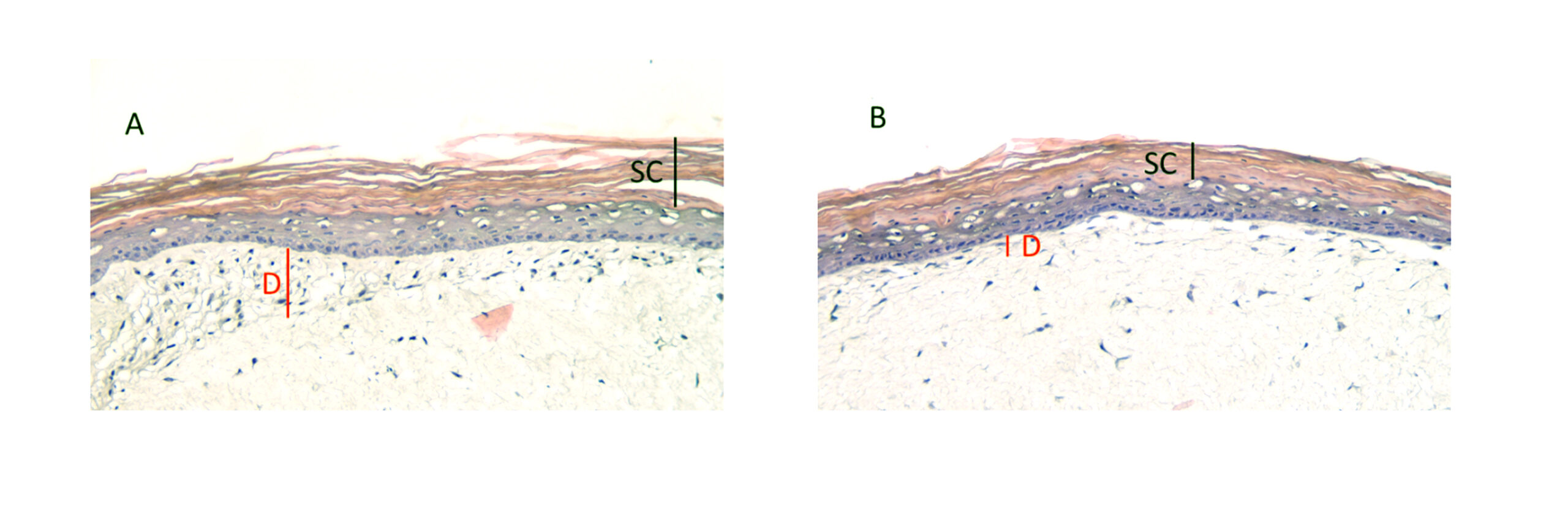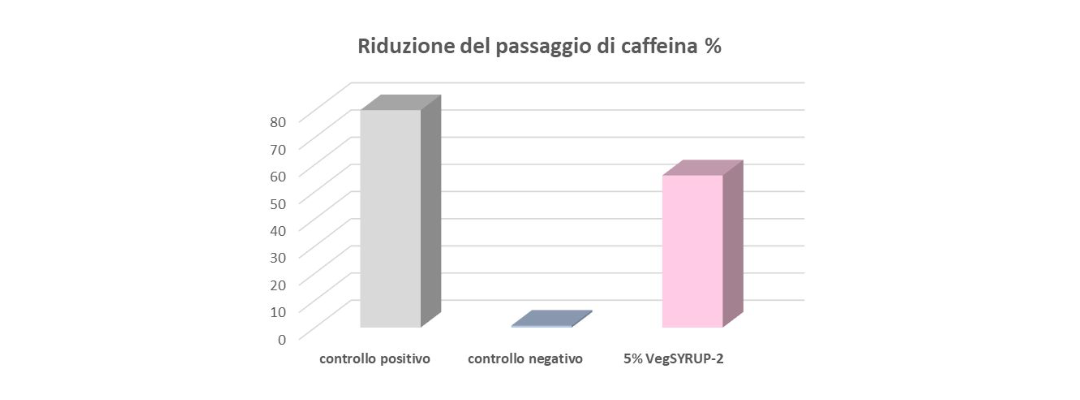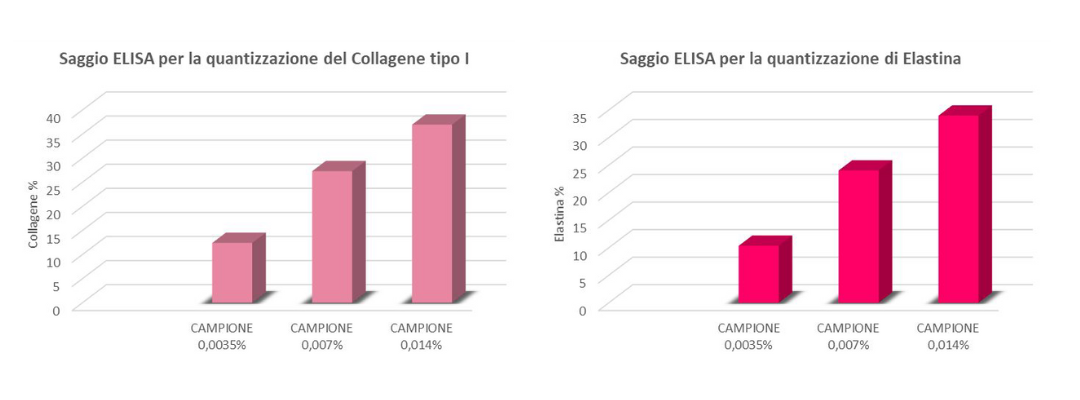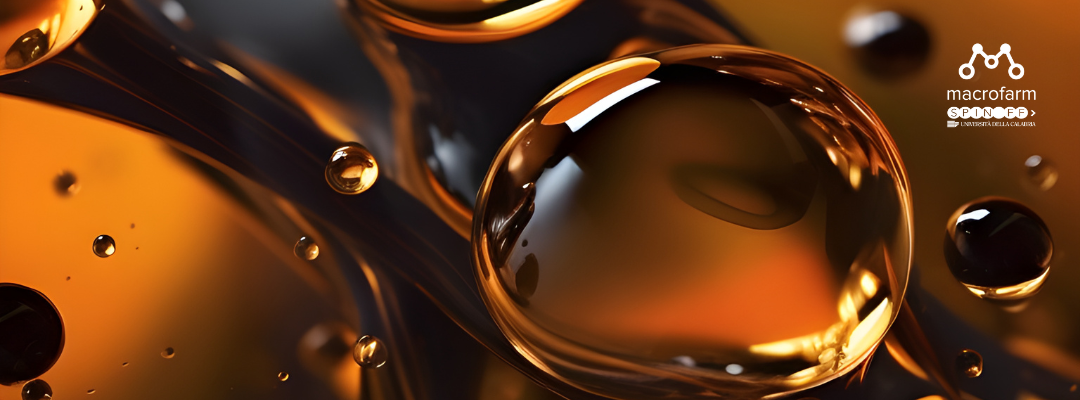The skin is the largest organ of the human body and is also the first line of defense against the external environment. Due to its large surface area, it is easily exposed and even damaged by a number of external factors such as ultraviolet radiation, which can cause injuries, dehydration, skin aging and barrier abnormalities.
Among the various treatments, natural compounds are considered to be more respectful of the skin from the point of view of consumers. Over the years, therefore, researchers have explored several natural compounds that can protect the skin from damage, such as proteins, lipids, polyesters, polysaccharides and polyphenols.
The polysaccharides present in nature can be obtained from plants, algae and fungi and show distinct structural characteristics, including molecular weight, monosaccharide composition, glycoside bonds, three-dimensional conformations, load properties, and types and number of groups, which contribute to functional properties.
Recently, the use of natural polysaccharides for skin applications is gained more attention due to their biological activities, such as moisturizing action, antiage and wound healing.
VegSyrup consists of a blend of sugar and polysaccharides of vegetable origin obtained by boiling vegetable matrices with high sugar content.
The effectiveness of VegSyrup has been tested in vitro.

-
Trade Name: VegSYRUP-1
-
Application: Moisturizing
-
Recommended Use Concentration: 2-5%
- Inci: Sucrose, Aqua, Ficus carica Fruit Extract, Benzyl Alcohol, Potassium Sorbate, Sodium Benzoate, Citric Acid.
Evaluation of the in vitro moisturizing effect
The moisturizing action of VegSyrup-1 was evaluated through the analysis of three-dimensional models of artificially dehydrated epidermis and subsequently treated with the sample in question. The appearance of the skin models was evaluated through histological analysis.

-
Trade name: VegSYRUP-2
-
Application: Barrier Effect
-
Recommended Use Concentration: 2-5%
- Inci: Sucrose, Aqua, Agave Tequilana Leaf Extract, Benzyl Alcohol, Potassium Sorbate, Sodium Benzoate, Citric Acid.
In vitro evaluation of the barrier effect
The barrier effect was assessed by determining the reduction in the passage of caffeine through the three-dimensional model of human epidermis reconstructed in vitro.
Compared to the control, the polysaccharide blend causes a high barrier effect.

-
Trade Name: VegSYRUP-3
-
Application: Antiage
-
Recommended Use Concentration: 2-5%
- Inci: Sucrose, Aqua, Opuntia Ficus-Indica Stem Extract, Benzyl Alcohol, Potassium Sorbate, Sodium Benzoate, Citric Acid.
In vitro evaluation of the action of Antiage:
ELISA test to quantify the production of type 1 collagen and elastin

Following the treatment of HDFa cells with the sample under examination for 24 hours, an increase in the concentration of type 1 collagen and elastin at the tested concentrations compared to the control was shown.

